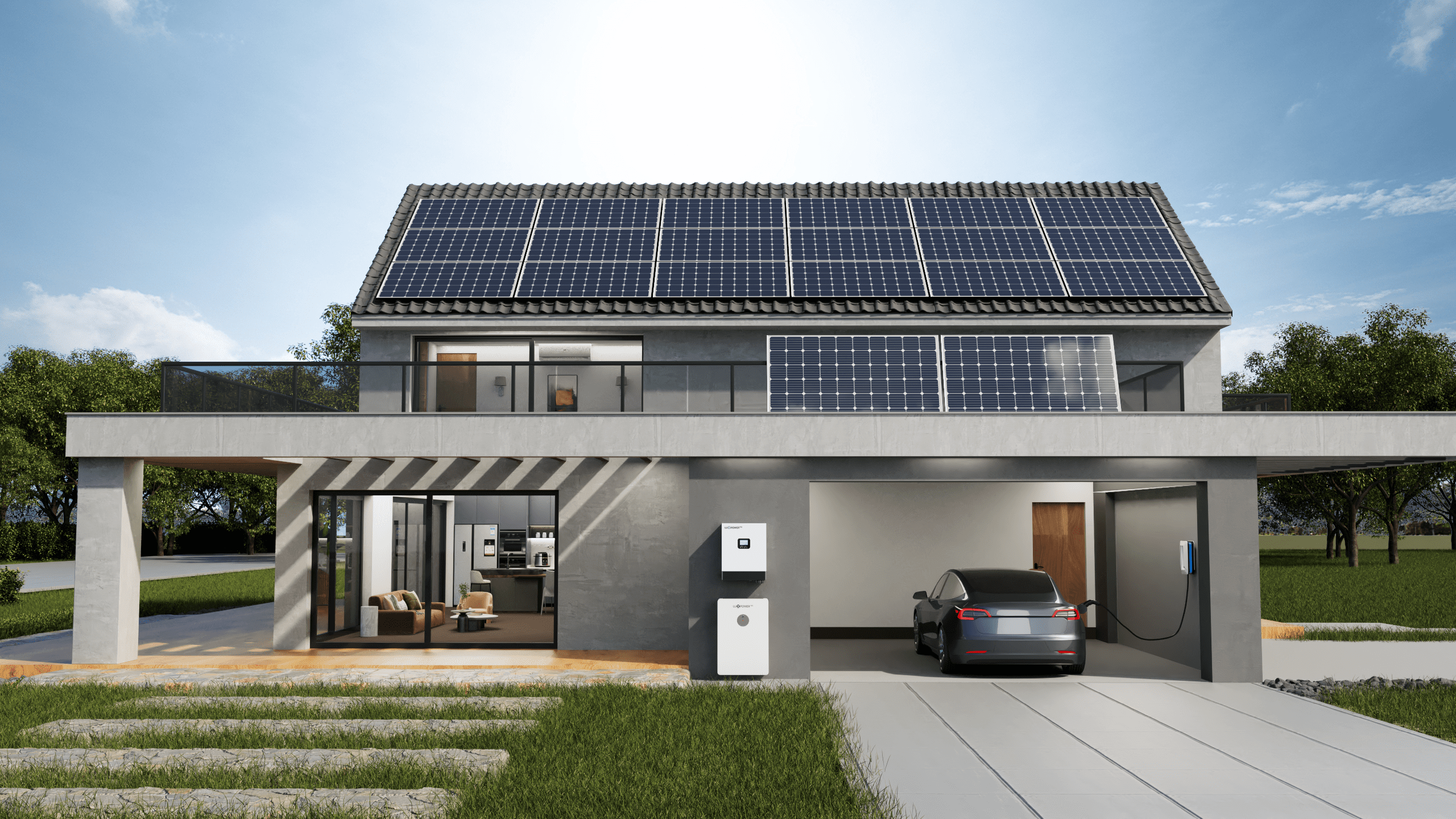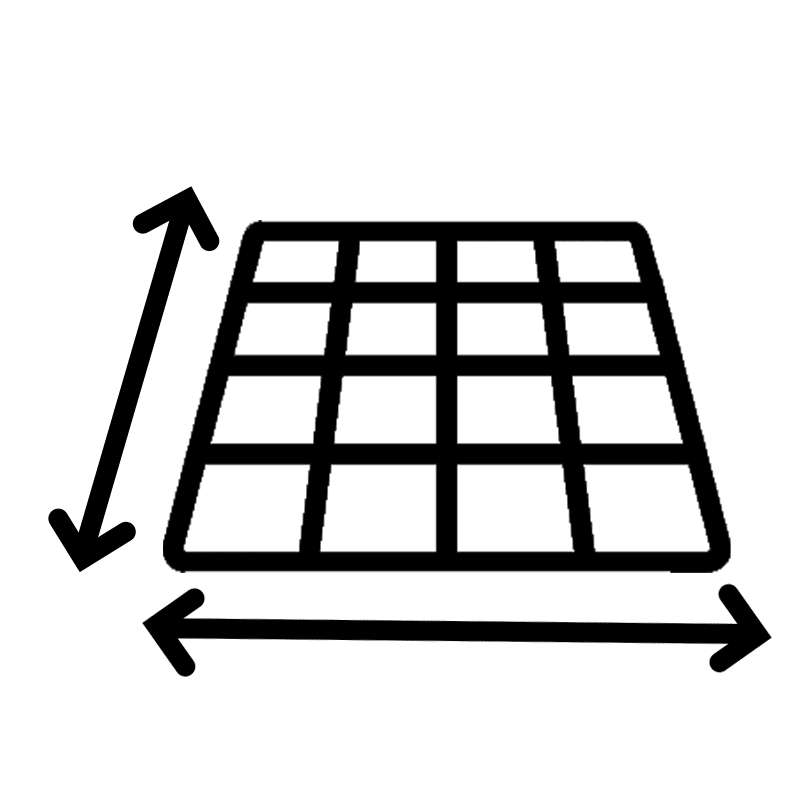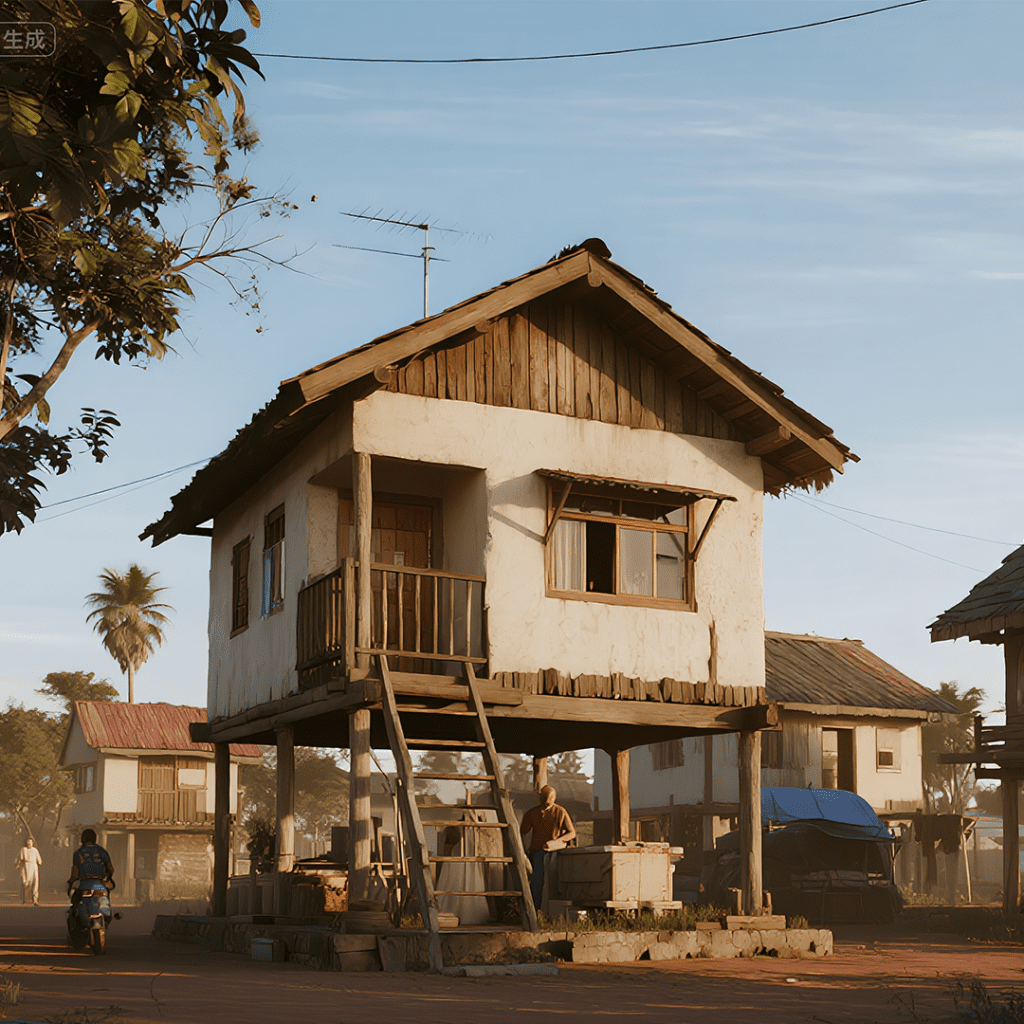Amid the global shift toward clean energy, Nigeria is undergoing a subtle yet significant transformation. Frequent power outages, escalating diesel prices, and the urgent need for reliable electricity are driving more households and small businesses to adopt solar-plus-storage solutions.
Solar energy is no longer merely a “backup power source” but is increasingly becoming the primary power supply for Nigerian users.
1. Why is Solar Energy Rapidly Gaining Popularity in Nigeria?
✅ Persistent Power Shortages
Nigeria experiences frequent daily blackouts, with some regions facing outages exceeding 8 hours per day, severely impacting daily life and productivity.
✅ National Policies Promoting Distributed Energy
Nigeria’s renewable energy roadmap supports the development of photovoltaic storage systems and encourages rural and remote areas to achieve energy independence.
✅ Abundant Solar Resources
The country boasts an average of 6–8 hours of daily sunshine nationwide, providing a solid foundation for solar power generation.
✅ Declining Costs of Photovoltaic Components and Storage
In recent years, prices for solar inverters and batteries have continued to decrease, enhancing the cost-effectiveness of these systems.
2. Why Will “Energy Storage” Become the Core of Home Systems?
Photovoltaic power generation is primarily concentrated during the daytime, while household electricity demand peaks in the evenings and at night. Energy storage systems (batteries) serve as the bridge connecting power generation and consumption.
Once installed, excess daytime electricity can be stored for direct use at night or during outages, improving solar self-consumption rates while enhancing energy independence.
3. Luxpower Energy Storage Solutions: Integrated Configuration from Inverters to Batteries
As a manufacturer of energy storage inverters, LuxpowerTek not only offers mature hybrid and off-grid inverter products but has also introduced its own developed battery modules, creating true end-to-end energy solutions.
Li-5 Series 5kWh Wall-Mounted Battery
- Voltage: 51.2V
- Capacity: 100Ah
- Type: Lithium Iron Phosphate
- Modular design, suitable for wall-mounting or stacking
- 100% compatible with all LuxpowerTek 48V inverters
PGEM Series Battery Stacking Modules (Pro Version up to 15–30kWh)
- Single Module Capacity: 5kWh
- Capacity: 100Ah
- Supports parallel stacking, with a maximum of 32 modules (160kWh)
- Equipped with built-in BMS system and CAN communication interface
- Collaborates with inverters to support AI management and match TOU functions
- High-capacity high-voltage energy storage battery modules adaptable to three-phase systems (e.g., PSTACK 45kWh)
- Supports parallel inverter and battery configurations
- Targeted at commercial, industrial, and large residential scenarios
4. Typical Application Scenarios in Nigeria:
- Urban Households: Daytime generation + evening usage, ensuring independent supply for daily living electricity
- Rural Schools and Clinics: Daytime generation + nighttime lighting, enhancing basic service capabilities
- Small Businesses: Guaranteeing operation of POS systems, refrigeration, lighting, fans, and other daily loads
- Zero-Diesel Offices/Farms: Replacing generators with batteries to reduce maintenance costs and noise
Energy Storage Systems = Energy Freedom + Cost Optimization + Environmental Friendliness
For users, a solar energy storage system is not just a tool for saving on electricity bills but also a means to secure the right to stable power supply.
In the next 3–5 years, solar-plus-storage systems are expected to become increasingly common in Nigerian households.











